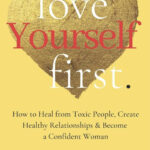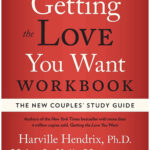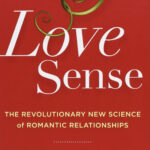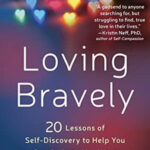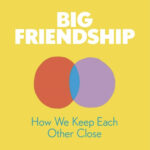Different people define relationships differently. But in order for a relationship to be healthy, we need the same things that we need to make a pretty cake…taste delicious. Of course, what we need is the right ingredients!
Let’s start by adding “Healthy Communication”
Safe honest and open communication is a key ingredient that will strengthen your relationship. Communication and openness are not just about solving problems but essential for getting to know how your partner thrives and how they feel.
By communicating with your partner you will get to know, what their needs are and what they want out of life, you will understand what their fears are and any struggles they are facing.
Communication doesn’t stop at just being verbal, a touch can speak volumes and convey how you feel, your body language and smile also counts.
When building a relationship, make sure you both understand each other’s needs and expectations, because being on the same page is very important. Which means you have to talk to each other!
“A little time apart allows partners to look at each other with fresh eyes. After you’ve had a little “me time” you will both look forward to the “we time”.
Some of our tips may help you and your partner create and maintain a healthy happy relationship:
Talk – In healthy relationships, if something is bothering you, don’t bottle it up! Talk about what ever is on your mind.
Be Supportive – Be reassuring and encourage each other. Let your partner know when you need them to support you. Healthy relationships are about building each other up, not dragging each other down.
Compromise – We can’t always agree with everything. We all disagree with things from time to time and it’s natural in healthy relationships, but it’s important that you find a way to compromise when you do disagree on something. Talk about it , listen to each other, and try to figure out what it is, that will make both of you happy.
Respect each other – Your partner’s feelings matter, they have value, and so do yours! Let your partner know you are making a conscious effort to keep their ideas and feelings in mind. Mutual respect is vital in maintaining a healthy relationship.
Anger… Just isn’t worth it – Being angry in a relationship is a complete waste of time and energy because all it will do is make you self-absorbed and won’t allow you to see the good in anything or anyone. If you are annoyed with your partner or anyone else give yourself some time-out, allowing you some time to calm down. And once you have cooled-off, discuss what’s happening with your partner.
Have your own “Couples Bespoke Tradition” – Creating a little tradition with your partner can really help hold up a couple because these traditions become “your thing.” It may be a romantic dinner by candle light, a casual night out or watching a film on a certain day every week, these are the things that will give you both something to look forward to and also bring you closer together.
Just let it go… Don’t hold onto something your partner said or did last week or six months ago and bring it up each time you disagree on something. Do both of you a the biggest favour, and let it go!
Respect each other’s privacy – When you’re in a relationship it doesn’t mean you have to share everything and be together all of the time. Healthy relationships require personal space.

